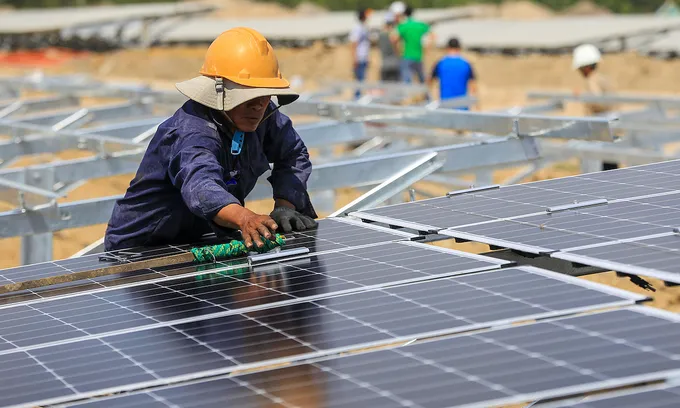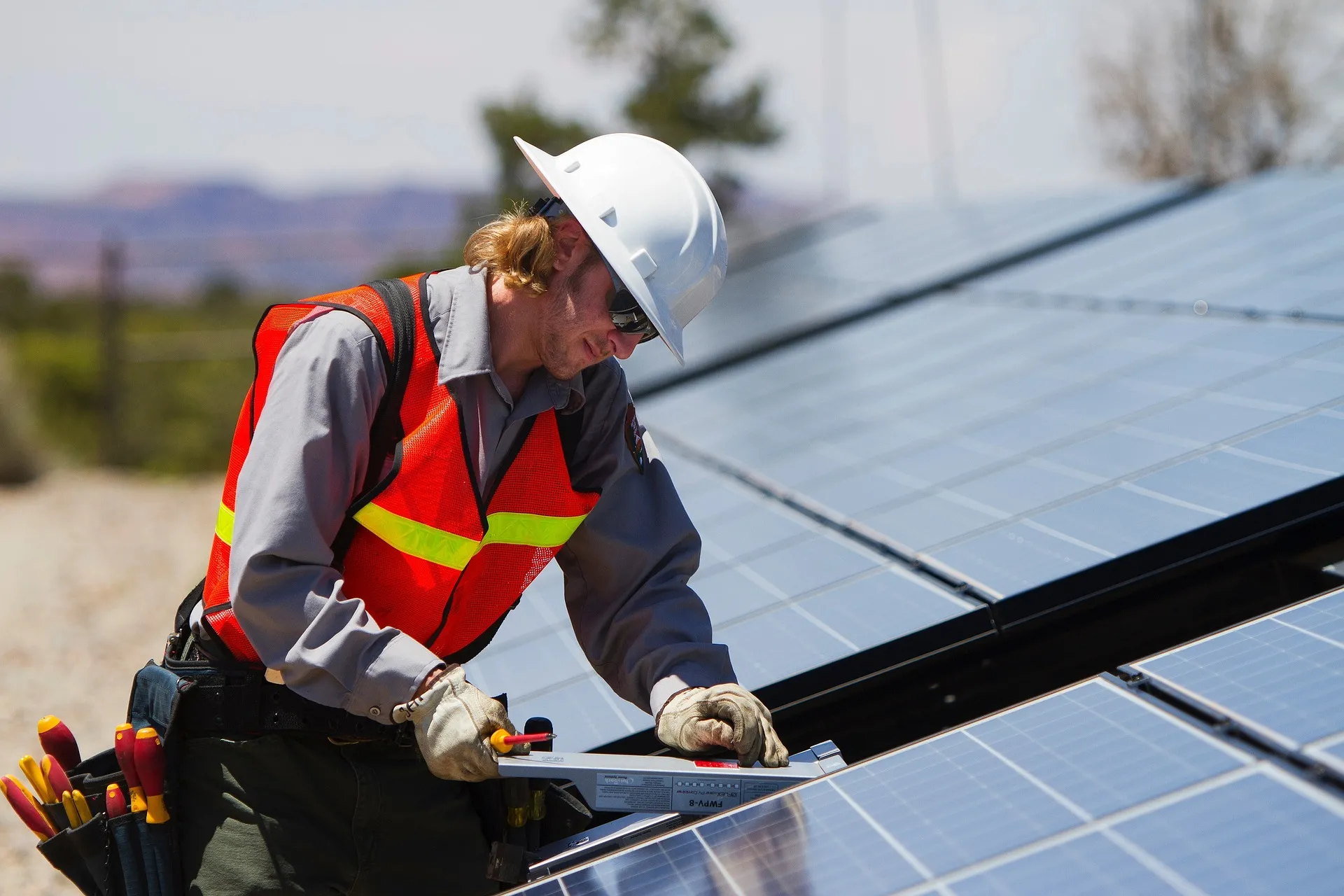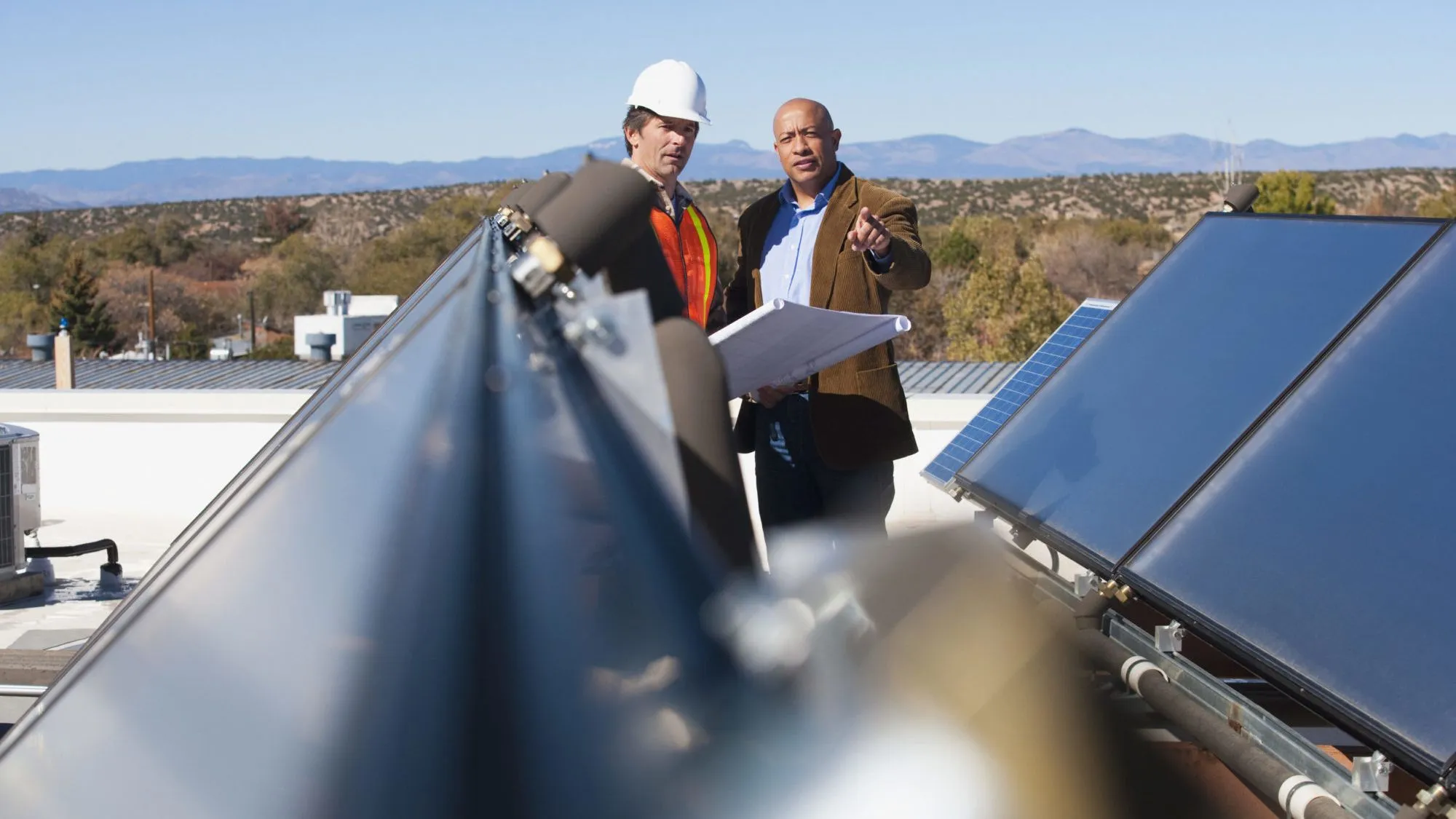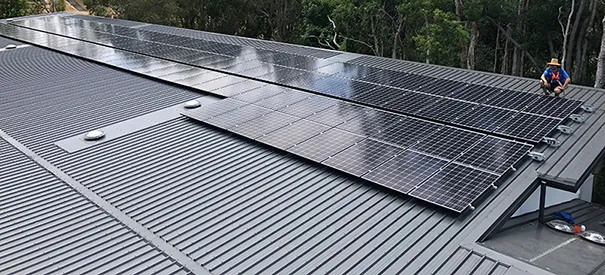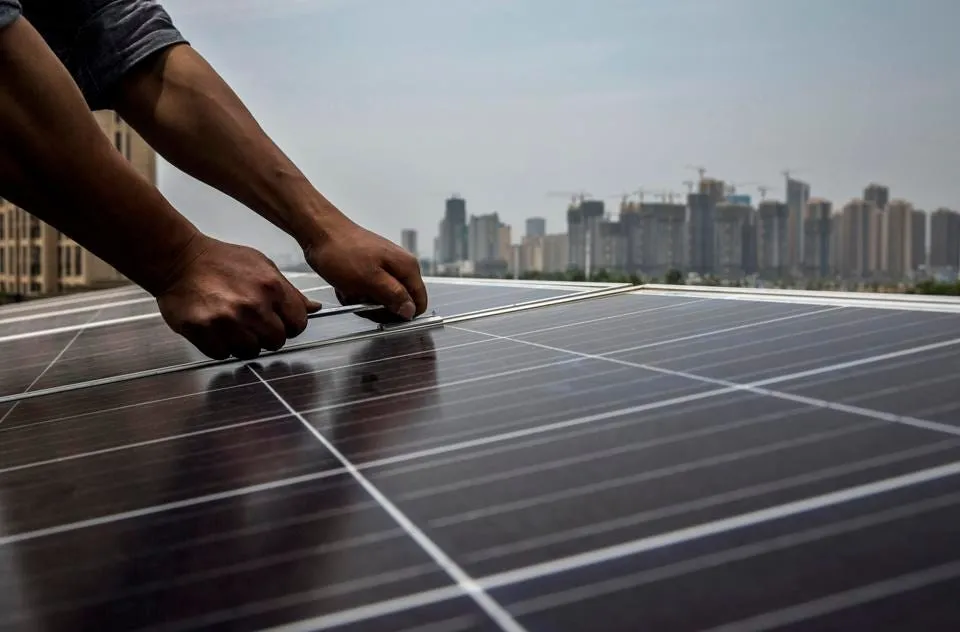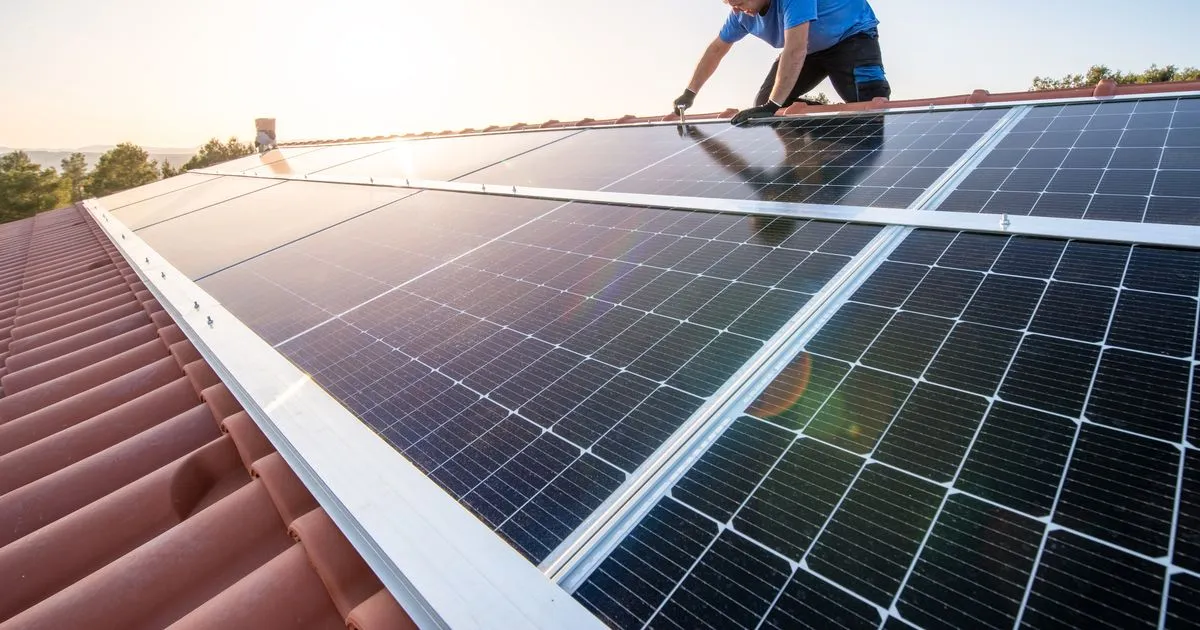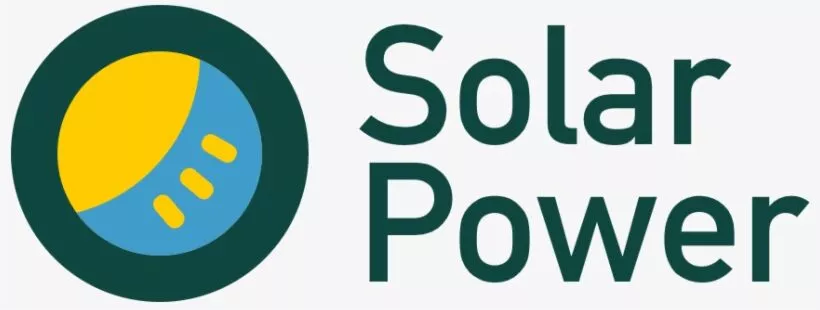Is it true that installing a solar system is a worthwhile investment for your business?
Here in Western Australia, electricity expenses hold a bigger percentage of operational expenditures. As a business owner, unexpected price rises may create uncertainty in your business, particularly in terms of cash flow management. You may also be vulnerable to an increase in energy rates if you rely on the commercial power grid. But since solar energy supplies significant power worldwide, switching to one can be worth the investment.
Yes! Solar energy is one of the most promising energy sources, and its part of the global energy mix has gradually expanded in recent years. Harnessing solar power is one way to reduce reliance on fossil fuel costs that are rising and becoming more erratic.
At first glance, you may not think that it is necessary for a small or medium sized firm, but think again. If you’re worried about your energy costs, you may carefully consider switching your business to solar power. Here are 5 advantages of installing solar energy in your business.
When managing a small or larger business, you have to pay for insurance, utilities, supplies, property maintenance and other expenses. Like other business owners, you want to reduce overhead expenses, but if you’re completely reliant on the grid, you may be affected by rising power bills. However, you can prevent unnecessary stress on your business when you install your own solar power system. In fact, it can help you reduce or limit your exposure to increasing power costs, which means you’ll save more money. Converting to solar energy is an investment in your company’s future success.
One of the best aspects of commercial solar power is the opportunity to show your clients how committed you are to green energy. When your business generates electricity using solar energy, it consumes fewer fossil fuels, which reduces pollution and greenhouse gas emissions. Small or big companies can express their desire to prevent global warming and lessen the country’s reliance on foreign sources. Also, converting to solar energy is an excellent opportunity for a business to define itself as a green operation. Going solar is not only good for the environment, but it may also change how people view your business.
In many places, power failure is a fact of life. With solar electricity, you can count on reliable clean energy for a long time without having to worry about maintenance or performance interruptions. You’ll have a reliable energy supply when your solar panel system is self sufficient, no matter what happens to your commercial power grid. Not only that, but it also helps in the reduction of tax liabilities and the acceleration of the solar investment’s rate of return. Local governments also support the move to renewable, clean, and efficient solar energy. It encourages individuals to use solar energy, regardless of the kind of system installed.
Commercial solar systems are reliable and easy to maintain. This means that you can rely on a consistent clean energy for a long time without having to worry about power failures. Since solar energy is a renewable energy source, it can produce energy as long as the sun shines. After it is installed, a solar panel will need little or no maintenance, particularly if no batteries are being used. The system is capable of providing power cleanly and quietly for 25 to 40 years. It ensures that they function effectively and generate solar energy for your commercial building.
It all depends on the situation. Large industrial facilities and businesses, or hotels and large offices that require a lot of energy could benefit from 100 kW solar systems. Solar systems ranging from 30 kW to 100 kW need specific protection systems as well as required permission from local electrical networks to safeguard the grid from the power they produce.
Want to know more about solar power? I would love to share a lot of information and insights with you, so keep an eye out for our future blogs. If you have any ideas or suggestions, please leave them in the comments area below. I’ll see you in our next blog!
